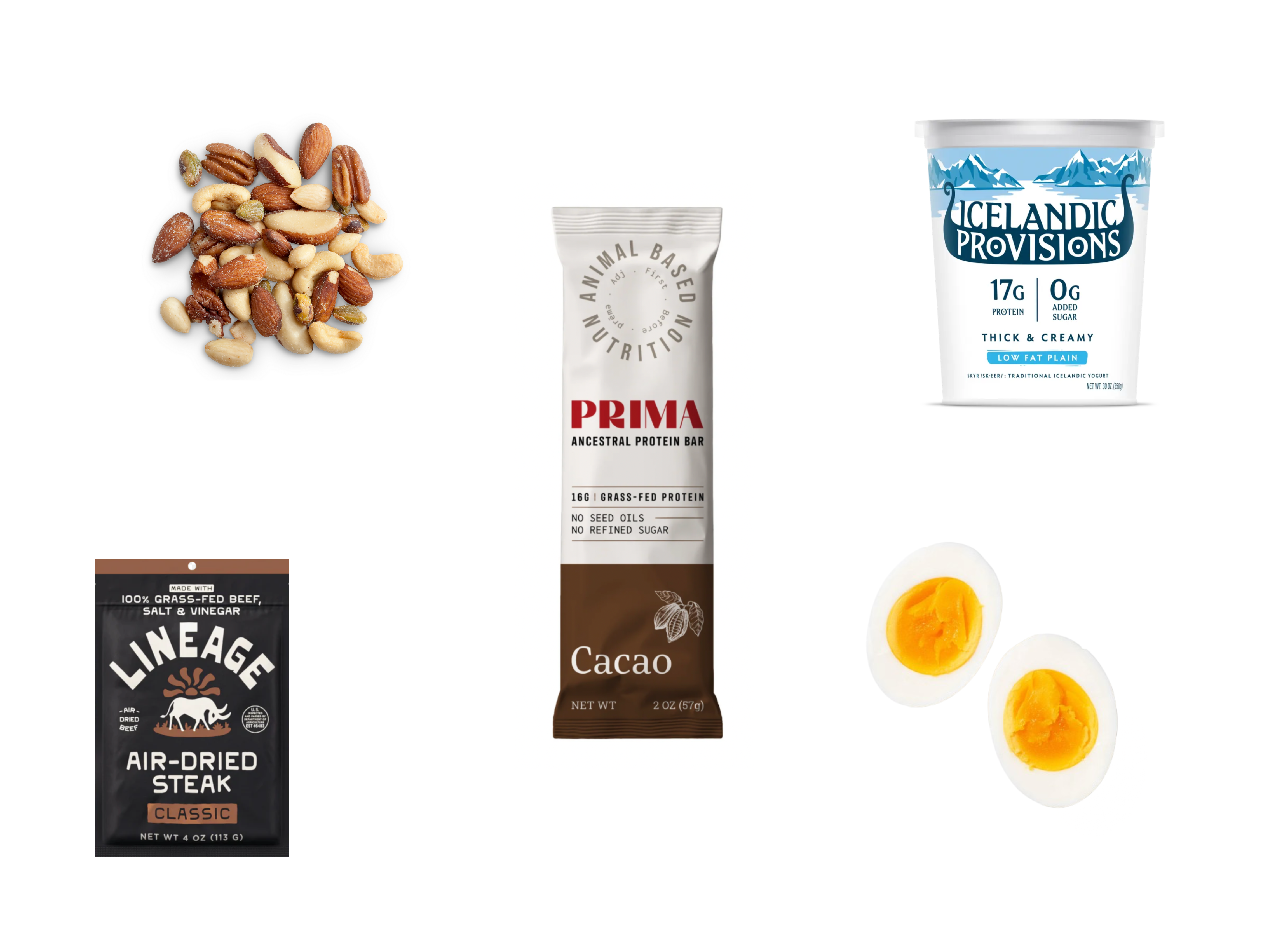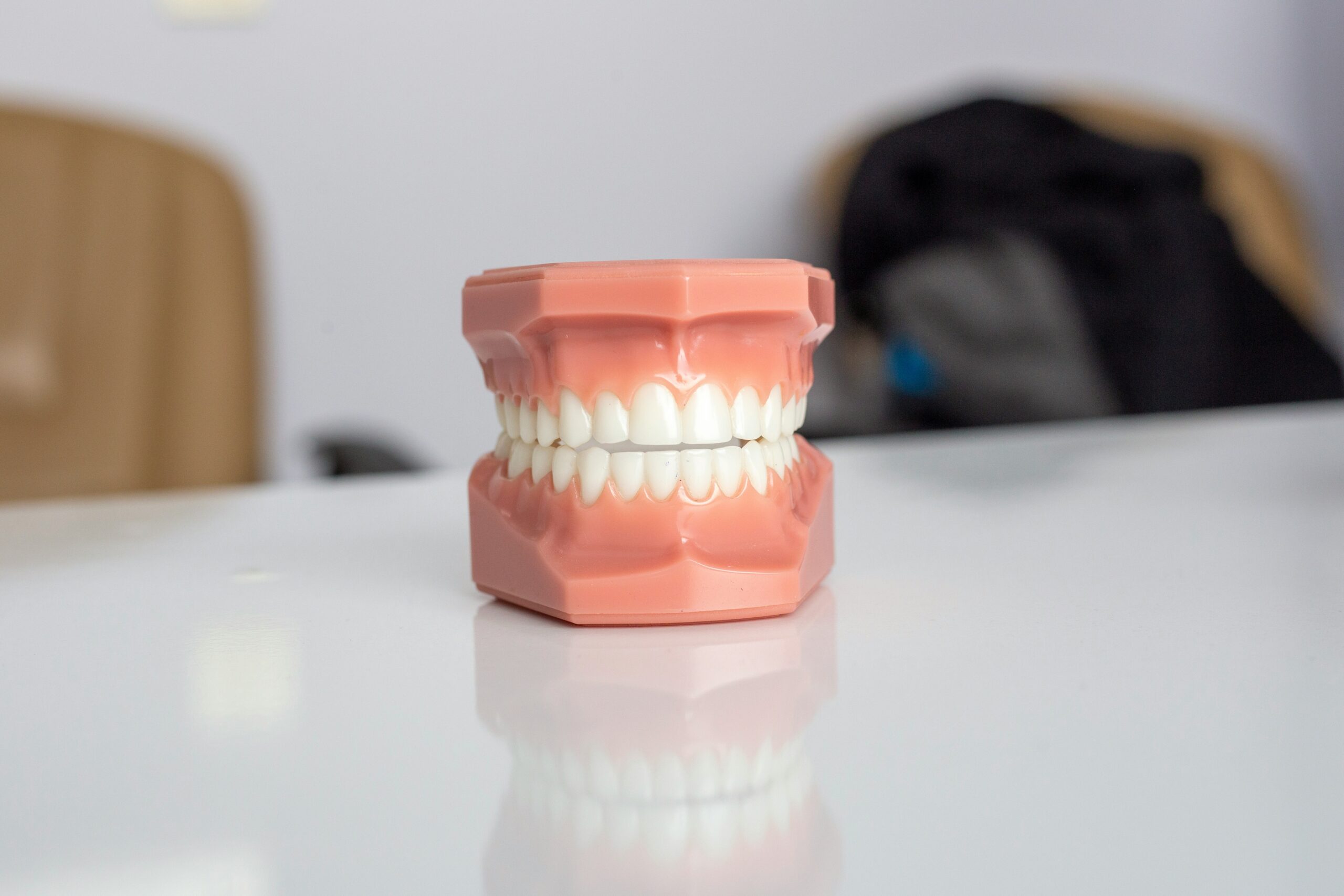
Let’s Talk Iodine: The Unsung Hero of Hormonal Health
Iodine is one of those essential trace minerals that most people don’t think about… until they feel completely off. But here’s the thing: if your iodine levels are low, everything in your body can feel off. Especially your thyroid.
Your thyroid is a small gland with a huge role: regulating metabolic, energy hormones, brain development, and more. And guess what? Iodine is the building block of thyroid hormones. Without enough iodine, your thyroid can’t function properly. Period.
I’ve Been Supporting My Health with Lugol’s Iodine—and You Might Want To, Too
Why is Iodine so Crucial?
Iodine is involved in:
- Thyroid hormone production (T3 & T4)
- Metabolism regulation
- Cognitive function and mental clarity
- Fetal brain development during pregnancy
- Detoxification of heavy metals like fluoride and bromide
And here’s a fascinating fact: the thyroid is the first gland to form in a developing fetus at just 4 weeks gestation. That’s how important iodine is, especially for pregnant women.
Symptoms of Iodine Deficiency
Iodine deficiency can show up in surprising (and frustrating) ways. Here are some common signs:
Thyroid-Related Symptoms
- Fatigue or sluggishness
- Cold hands and feet
- Unexplained weight gain or difficulty losing weight
- Hair thinning or hair loss
- Brain fog or difficulty concentrating
- Constipation
- Depression or mood swings
- Swollen neck or goiter
- Menstrual irregularities or heavy periods
Hormonal or Reproductive Symptoms
- Infertility or difficulty conceiving
- Ovarian cysts
- PMS or worsened menstrual symptoms
- Low libido
- Early menopause or irregular cycles
- Fibrocystic breasts (lumpy or tender breasts)
Neurological and Cognitive Symptoms
- Brain fog
- Memory problems
- Slower reflexes
- Developmental delays in children
- Learning difficulties
Immune and Systemic Symptoms
- Weakened immune function (frequent colds/infections)
- Swollen lymph nodes
- Fatigue that does not improve with rest
- Skin issues like dry, rough, flaky skin
Other Signs Often Missed
- Depression and anxiety
- Swollen tongue or difficulty swallowing (from enlarged thyroid)
- Poor wound healing
- Sensitivity to chemicals (perfumes, cleaning products)
- Low body temperature
If these sound familiar, it’s worth taking a closer look at your iodine intake.
Iodine and Cellular Health
Iodine isn’t just essential for thyroid function. It plays a key role in every single cell of the body. It’s a powerful antioxidant and supports detoxification, cellular repair, and hormone regulation. Every organ system (including the brain, skin, breasts, ovaries, and prostate) contains iodine receptors and depends on this trace mineral for optimal function. Deficiency can result in more than just thyroid issues. It can impact energy levels, metabolism, fertility, and immune response.
Iodine for Heart Health
Iodine helps protect the cardiovascular system by reducing inflammation and oxidative stress, both of which are major contributors to heart disease. Adequate iodine supports normal blood pressure and may help improve lipid profiles. In some studies, iodine-deficient individuals showed increased risk for hypertension and metabolic dysfunction, further emphasizing the mineral’s importance beyond the thyroid.
A Few Heart-Related Symptoms of Iodine Deficiency:
- Slow heart rate (Bradycardia): When iodine is low, thyroid hormone production drops. This slows the heart rate, which may cause fatigue, dizziness, or lightheadedness.
- Shortness of breath with Activity: A weakened thyroid-heart connection can reduce your heart’s ability to pump efficiently, making even moderate exertion feel harder.
- Fluid retention and swelling: Low thyroid hormone due to iodine deficiency can slow metabolism and impair kidney function, causing fluid buildup that may strain the heart.
Iodine and Cancer Prevention
Certain tissues in the body, like breast and prostate tissue, store iodine and use it to protect against abnormal cell growth. Iodine has demonstrated anti-proliferative effects, meaning it can help prevent cells from dividing uncontrollably, a hallmark of cancer. Research suggests that having sufficient iodine levels may be protective against breast, prostate, and even thyroid cancers. In iodine-rich cultures, rates of fibrocystic breast disease and hormone related cancers tend to be lower.
Hidden Causes of Iodine Depletion
Modern life makes it easy to become iodine deficient. Halogens like fluoride (in tap water and toothpaste) and bromine (in baked goods, flame retardants, and some sodas) can displace iodine in the body because they compete for the same receptors. This means even if you’re consuming some iodine, these halogens may be blocking its absorption or replacing it entirely. Synthetic clothing, bedding, and even flame-retardant-treated mattresses can also be hidden sources of bromine exposure. Over time, chronic exposure to these chemicals can lead to iodine depletion at the cellular level which impacts not just your thyroid, but your whole body’s health.
Why Table Salt Isn’t the Answer
You’ve probably heard that table salt is “iodized,” so you might think you’re covered. Unfortunately, that’s not the case.
- Most table salt contains synthetic iodine in tiny, inconsistent amounts
- It often includes anti-caking agents and fillers you don’t want in your body
- People following clean or low sodium diets often don’t consume enough salt to meet their iodine needs
Relying on table salt for iodine is like trying to hydrate by licking a wet sponge. It’s ineffective and unappealing.
If you’re looking for non-toxic salt, check out my blog post about salt!
Natural Food Sources of Iodine
For those who want to boost their iodine through food, here are some of the top natural sources:
- Seaweed (kelp, dulse, nori) – richest natural source
- Cod – low in fat, high in iodine
- Shrimp and scallops
- Tuna and sardines
- Eggs (especially the yolk)
- Plain yogurt
- Cranberries – small amount, but a clean plant-based source
Still, even with a clean diet, it can be hard to get consistent iodine levels. Especially if you avoid seafood or follow a vegan or low-sodium diet. That’s where supplementation comes in.
Why I Use J.CROW’S Lugol’s Iodine 2% (And Why You Might Want To)
I’ve landed on J.CROW’s Lugol’s Solution of Iodine 2% as my go-to supplement. Here’s why:
What Makes J.CROW’S Lugol’s Iodine Different:
- High-quality formulation based on the original 1829 Lugol’s recipe
- Contains both iodine and potassium iodide, the two forms your body uses
- Liquid format for better absorption and easy dosing
- Free from additives, alcohol, or unnecessary fillers
- Comes in amber glass to protect purity
Who Needs Iodine Supplementation?
Many people are unknowingly deficient in iodine, especially:
- Vegans or vegetarians
- Pregnant or breastfeeding women
- People with thyroid issues (hypothyroidism or Hashimoto’s)
- Those who avoid seafood or dairy
- Anyone living in areas with iodine-depleted soil
- People exposed to fluoride, chlorine, or bromide (which block iodine uptake)
Always talk to a healthcare provider before starting a new supplement, especially if you have a thyroid condition or are pregnant.
How I Use It
Personally, I take 3-4 drops of J.CROW’S Lugol’s Iodine in water in the morning after my breakfast. It’s gentle, simple, and has made a difference in my energy, mental clarity, skin, and mood.
Final Thoughts
In a world full of synthetic ingredients and nutrient-depleted food, iodine is one of the simplest, most overlooked ways to support your health- especially your thyroid. And if you’re going to supplement, quality and absorption matters.
J.CROW’S Lugol’s Solution of Iodine 2% is an effective way to meet your iodine needs daily!
- TAGS ― Clean Supplements, Hormone Balance, Iodine, Thyroid Health

6 Best High Protein Snacks (Simple, Easy, & Yum)
The best high protein snacks include jerky, eggs, dairy, cheese, and nuts when paired properly for fullness and steady energy.

The 2 p.m. Slump Is Not Normal, Here’s How to Beat the Afternoon Slump for Real
If you crash every afternoon, your body is asking for support, not more caffeine. Here’s how to beat the afternoon slump naturally with simple daily shifts.

How to Heal Early Tooth Decay and Remineralize Naturally
I spent a year intentionally balancing my minerals, nourishing my body, and practicing natural oral care to successfully remineralize my teeth naturally and heal early decay.





[…] NOKAP: Iodine Deficiency Will Destroy More Than Your Thyroid – Lugol’s Iodine […]
[…] Shop Dr. Berg Zinc Supplement on Amazon → Shop Rosita Cod Liver Oil on Amazon → Shop Dr. Berg Trace Mineral Complex on Amazon → Related Post → Iodine Deficiency Will Destroy More Than Your Thyroid – Lugol’s Iodine. […]
Comments are closed.